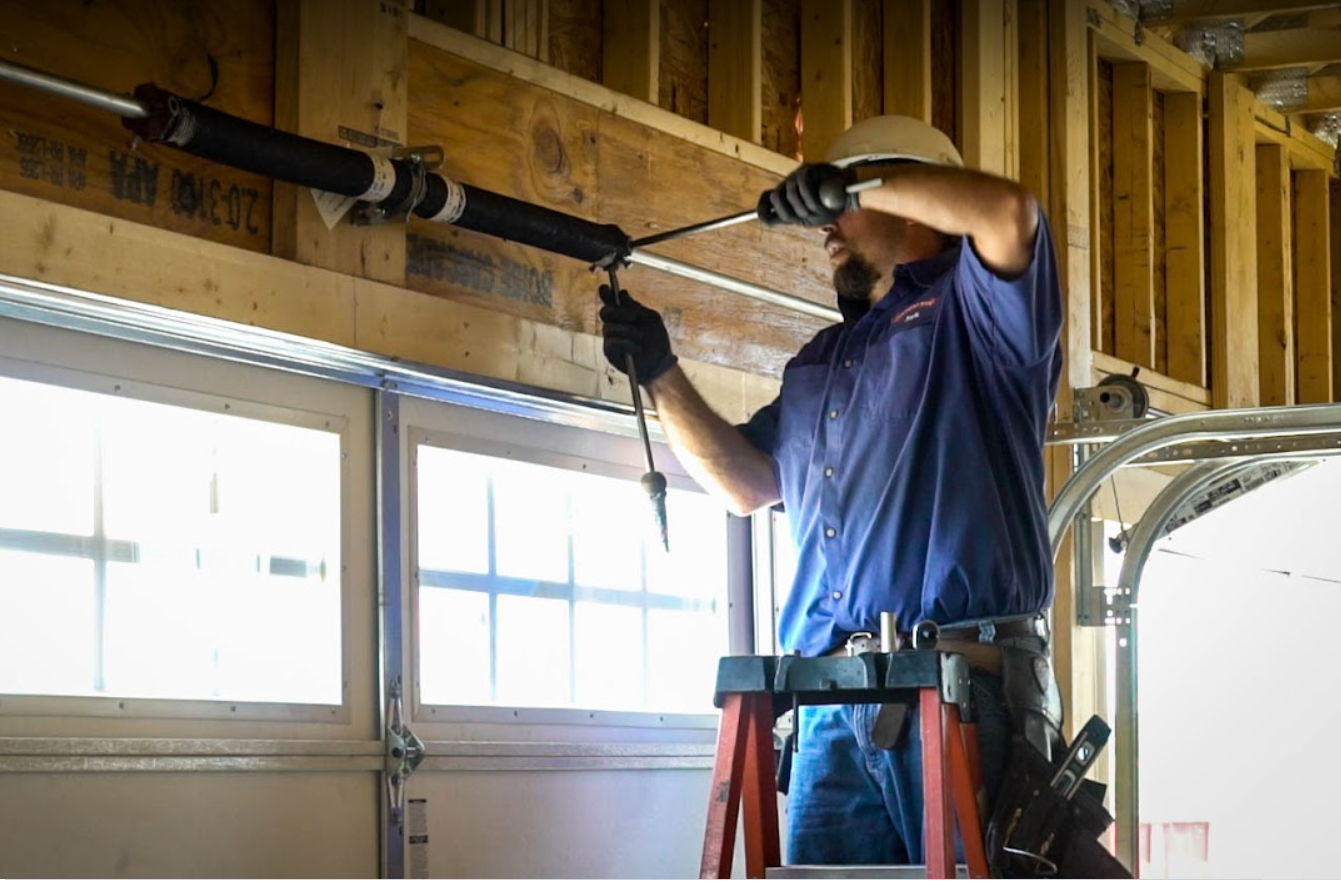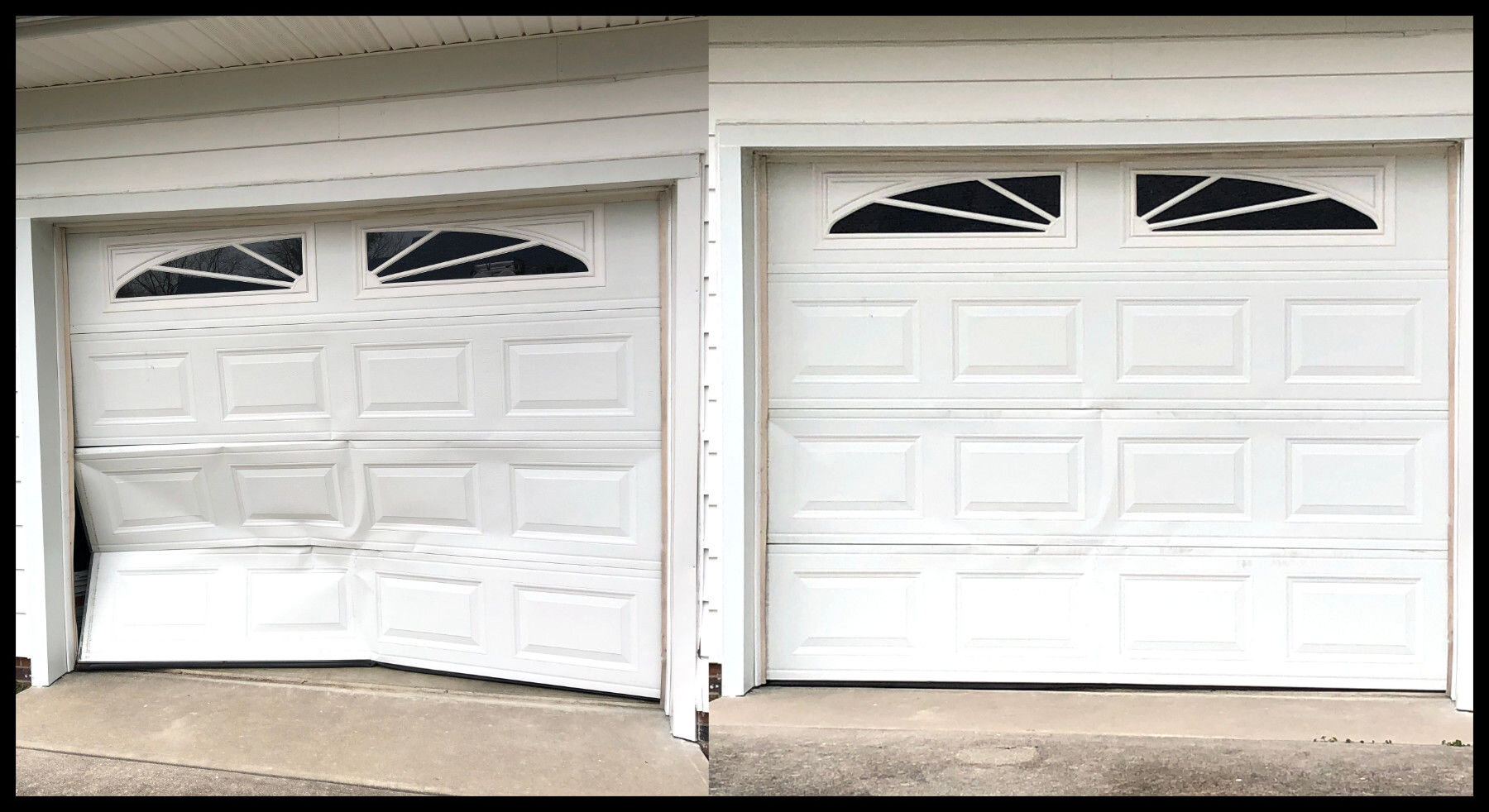Garage Door Torsion Spring Reseda Garage Door Alignment & Balancing

One of probably the most telltale signs of a faulty garage door sensor is that if the door does not shut utterly. Instead of fully closing, the door might reverse and open again when it senses an object. In some instances, you may discover that the garage door initiates closing but then shortly reverses back up. This behavior may be attributed to misaligned sensors, allowing them to falsely interpret an obstruction.

Physical obstruction is another factor to consider. Dirty or blocked sensors could not perform appropriately. Check to see if there is any dirt, debris, or spider webs obstructing the sensor lenses. A easy cleaning might resolve the difficulty. Using a gentle fabric, gently wipe the lenses to ensure they are clear and freed from any obstacles.
Garage Door Opener Noise Reduction Reseda Professional Garage Door Technicians
A malfunctioning garage door opener remote can typically be misdiagnosed as a sensor problem. If the remote fails to communicate with the garage door, it’s value testing the sensors directly. Use the wall button to open and shut the door. If the door operates normally with the wall swap but not with the remote, the issue might lie with the remote itself.
Testing the sensors instantly might help determine their operational status. To do this, you should use an object to dam the sensor beam whereas the door is closing. If the door reverses upon sensing the obstruction, the sensors are likely functioning accurately. If the door continues to shut with out reversing, this signifies a problem with one or each of the sensors.
Environmental factors could additionally affect sensor performance. If the sensors are uncovered to heavy rain, snow, or excessive warmth, they may malfunction. Even humidity can play a job in sensor reliability. If the weather has been significantly harsh, think about whether these situations could presumably be impacting your sensors.
Electrical points can even lead to sensor malfunction. Inspect the wiring connecting the sensors to the garage door opener. Look for frayed or broken wires, which may forestall the sensors from receiving energy or communicating properly with the garage door system. If the wiring appears good, verify the facility supply to the opener itself.
Garage Door Parts Reseda Quick Garage Door Tune-Ups
In some situations, internal malfunctions could happen inside the sensors. Over time, the inner mechanisms can wear out, resulting in surprising failures. If cleansing and adjustments do not yield positive outcomes, sensor replacement may be the most effective plan of action (Broken Garage Door Spring Reseda CA). Many garage door sensors are comparatively cheap and easy to exchange.
In addition, it might be prudent to seek the advice of the manufacturer’s handbook for particular troubleshooting tips related to your mannequin. Each garage door system can differ, and the handbook may provide steerage that is significantly related to your state of affairs. Following these guidelines can often enhance the troubleshooting process.
Sectional Garage Doors Reseda CA Residential Garage Door Maintenance
Regular maintenance can prolong the life of your garage door sensors. Periodic cleansing, testing, and visual inspections might help catch points early earlier than they escalate into vital problems. Regular care can ensure that your sensors are in good working situation, maintaining the safety of your garage door operation.

In summary, the significance of understanding how to inform if a garage door sensor is dangerous can't be overstated. From evaluating physical obstruction and sensor alignment to testing the wiring and inside parts, a spread of factors contribute to sensor performance.
Garage Door Repair Reseda CA Garage Door Spring Repair
Regular maintenance, combined with thorough testing, can even prevent future points (Garage Door Roller Replacement Reseda). When unsure, reaching out to professionals can provide reassurance and much-needed expertise. Ultimately, making certain that your garage door sensors are functioning appropriately enhances the overall security of your house and its automated systems.
- Check for blinking or strong lights on the sensor; a solid mild sometimes signifies normal operation, while blinking could signify a problem.
- Test the alignment of the sensors; misaligned sensors can stop the door from functioning properly, resulting in a potential failure.
- Look for any seen damage or obstructions near the sensors; dirt, spider webs, or physical breakage can intervene with their operation.
- Listen for uncommon sounds when the garage door is operated; grinding or clicking noises can point out sensor malfunction.
- Conduct a handbook test by putting an object in the door’s path; if the door doesn't reverse, the sensors may be faulty.
- Inspect the wiring linked to the sensors for frays or unfastened connections that would disrupt energy supply or functionality.
- Evaluate the temperature circumstances; excessive weather can affect sensor efficiency, resulting in short-term issues.
- Use a multimeter to check for energy working to the sensors; a scarcity of voltage can indicate a sensor downside or wiring problem.
- Consider the age of the sensors; older models could turn out to be unreliable and higher replaced somewhat than repaired.
- Seek professional help if the problem persists regardless of troubleshooting; an skilled can diagnose points that will not be instantly obvious.undefinedHow can I tell if my garage door sensor is malfunctioning?undefinedCheck for a pink or amber mild on the sensor. If it’s not illuminated or blinking, the sensor may be bad. Additionally, you'll have the ability to manually block the sensor and see if the garage door reacts correctly — if it doesn't reverse, the sensor might need replacement.
What are the frequent signs of a defective garage door sensor?undefinedCommon indicators embody the garage door failing to close completely, erratic motion, or not responding to remote commands. A misaligned sensor may additionally set off these points, so examine their positioning as a part of your diagnostic course of.
Can a bad garage door sensor forestall the door from closing?undefinedYes, a malfunctioning sensor could cause the garage door to reverse or fail to close. This is a security characteristic designed to forestall accidents or accidents, so take note of the behavior of your garage door.
Steel Garage Doors Reseda CA Affordable Garage Door Repair
How do I clean my garage door sensors?undefinedTo clean garage door sensors, gently wipe the lenses with a delicate, dry material. Avoid utilizing harsh chemicals, which might injury the sensor. Regular cleaning can improve functionality and stop sensor-related issues.
What ought to I do if my garage door sensor is misaligned?undefinedCarefully realign the sensors so that they face each other immediately. Use a degree to verify their positioning. If aligning them doesn’t resolve the problem, consider looking for skilled help for further inspection.
Top Garage Door Companies Reseda CA Garage Door Opener Installation
Is it needed to exchange both sensors if one is bad?undefinedWhile it isn't strictly essential to exchange each, doing so is advisable. Installing a new sensor with an old one might lead to compatibility points, affecting the garage door's efficiency.
Can weather affect the efficiency of garage door sensors?undefinedYes, excessive climatic conditions can impact performance. Heavy rain, snow, or humidity might obscure the sensors or have an result on their alignment. Regular maintenance and inspection throughout seasonal weblink adjustments can help mitigate these effects.

Garage Door Opener Installation Reseda CA 24-Hour Garage Door Service
What if my garage door sensor still doesn’t work after replacement?undefinedIf the model new sensor doesn’t resolve the difficulty, check for wiring problems or seek the guidance of an expert technician. There may be additional points with the garage door opener or different components that require consideration.